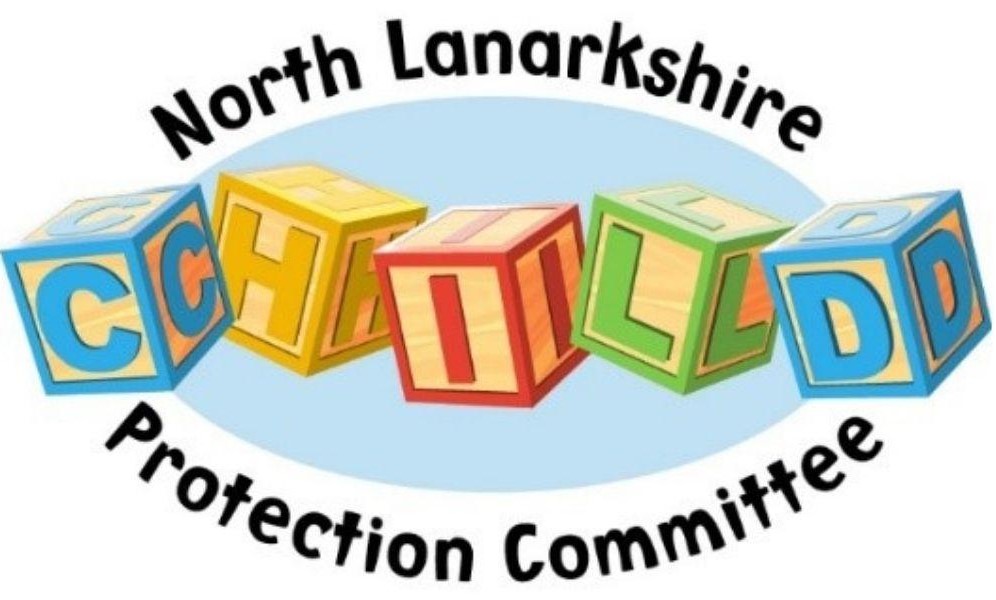Pre-birth CPPM’s will consider whether serious professional concerns exist about the likelihood of significant harm to an unborn baby. These meetings will be co-ordinated and chaired by social work services as detailed in Section 8 and 9.
Pre-birth planning meetings

Early intervention and IRD
All practitioners who work with expectant parents must be aware of parental behaviour and circumstances that could cause significant harm to an unborn baby. A pre-birth assessment can begin whenever pregnancy is confirmed and the GIRFEC practice model should be used to identify need at an early stage in the mother’s pregnancy. When there is a risk of significant harm the assessment should begin as soon as possible. This provides the unborn child with the best possible opportunity to thrive and gives parents maximum opportunity to engage with practitioners and family supports to begin to work towards necessary changes to protect their unborn/child from future harm.
Practitioners must be aware of how to refer concerns about potential harm to social work services or police.
Pre-birth case discussions should be convened when, complex pre-birth concerns are identified, and it is believed that a wider agency discussion is required to obtain all relevant agency information to inform assessment and planning. As far as possible, we aim to support the expectant parents and unborn baby using our GIRFEC framework.
If the risks meet the threshold of significant harm, consideration should be given to holding a case discussion (where there is time to plan coordinated support), or an IRD (where there is no planning time and immediate risk identified) to decide whether a child protection investigation is required.
This meeting is chaired by the Education and Families Manager, Social Work.
Health, police or social work will trigger an IRD or case discussion when there is reason to believe an unborn baby may be at risk of significant harm, as described in Section 2. The potential impact of an interaction of risk factors such as the removal of previous children; the impact of substance use; and/or the impact of domestic abuse and mental ill health upon mother and unborn baby should tip professional judgement towards the need for an IRD or case discussion.
Early engagement and planned support is essential. CPPMs should take place within 28 calendar days of the concern being raised and always within 28 weeks of gestation, taking in to account the mother’s needs and all the circumstances in each case. There may be exceptions to this where the pregnancy is in the very early stages and there are concerns that warrant early inter-agency assessment and planning.
In advance of the child’s birth, an inter agency plan needs to be prepared by social work which will meet the needs of the baby and parents prior to and following birth which addresses identified needs and minimises risk of harm. Plans from discharge from hospital and handover to community based supports must be clearly set out in the inter-agency plan.
The CPPM may place the unborn baby’s name on the child protection register before birth. If the unborn baby’s name is registered, the child protection plan must stipulate who is responsible for notifying the birth of the child and what steps need to be taken at that point (e.g. referral to the Principal Reporter).
Legal measures such as referral to the Reporter and application for a CPO can only be made at birth.
When the child is born, a pre-discharge planning meeting chaired by the Education and Families Manager, will need to be held if the circumstances have changed since the last Core Group. The circumstances which would indicate a need for the pre-discharge planning meeting include, this is not an exhaustive:
- A need for a reassessment of risk relating to a baby born with unexpected withdrawal symptoms (neonatal abstinence syndrome).
- A change in family circumstances such as the introduction of a new carer or change in family dynamics.
- Information from maternity staff indicating concerns about the care of the baby or presentation of the parents whilst in hospital
In all circumstances a child protection planning meeting must be convened within 5 working days of the child being born to review registration, chaired by the Education and Families Manager.
A review may be held within three months of the previous CPPM but professional judgement should be applied to the timing of this meeting post-birth. This does not prevent an earlier review where changes to the child’s living situation are enough to remove or significantly reduce risk. Careful consideration is required about early decisions to remove a baby’s name from the register, for example by ensuring that necessary supports are in place.